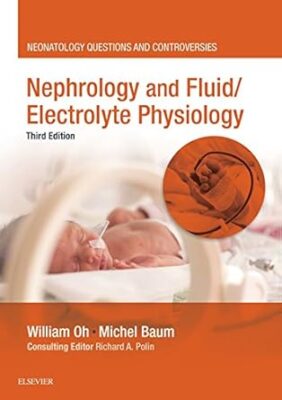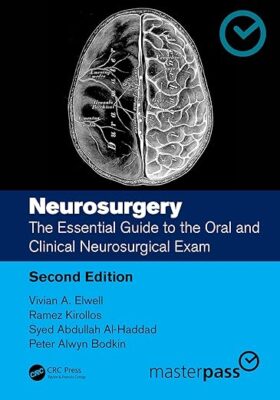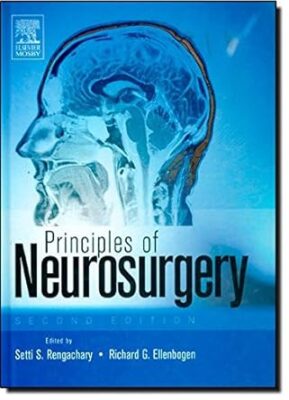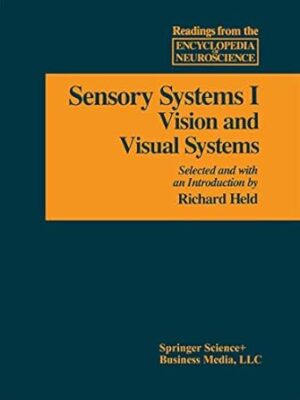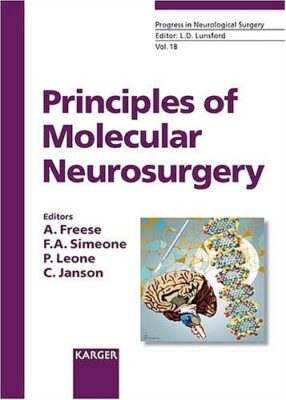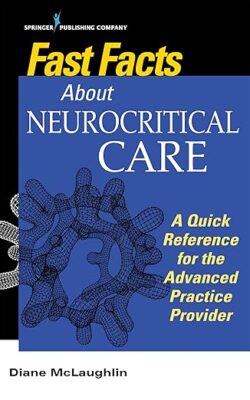Nephrology and Fluid/Electrolyte Physiology: Neonatology Questions and Controversies (Neonatology: Questions & Controversies) 3rd Edition
Dr. Richard Polin’s Neonatology Questions and Controversies series highlights the most challenging aspects of neonatal care, offering trustworthy guidance on up-to-date diagnostic and treatment options in the field. In each volume, renowned experts address the clinical problems of greatest concern to today’s practitioners, helping you handle difficult practice issues and provide optimal, evidence-based care to every patient.
- Stay fully up to date in this fast-changing field with Nephrology and Fluid/Electrolyte Physiology, 3rd Edition.
- New chapters on Inherited Disorders of Calcium, Phosphate and Magnesium; Fluid and Electrolyte Management of High Risk Infants; Renal Development and Molecular Pathogenesis of Renal Dysplasia; and Prenatal Programming, which describes how prenatal insults can result in hypertension, kidney and cardiovascular disease.
- The most current clinical information, including new content on the molecular basis for hereditary tubulopathies and inherited disorders of calcium, phosphate, and magnesium homeostasis.
- New information on genetics and pharmacology, neonatal hypertension, diuretic use in the newborn, prenatal programming of adult diseases, lung fluid balance, and much more.
- Consistent chapter organization to help you find information quickly and easily.
- The most authoritative advice available from world-class neonatologists who share their knowledge of new trends and developments in neonatal care.
Purchase each volume individually, or get the entire 7-volume set!Gastroenterology and NutritionHematology, Immunology and GeneticsHemodynamics and CardiologyInfectious Disease and Pharmacology New Volume!Nephrology and Fluid/Electrolyte PhysiologyNeurologyThe Newborn Lung

